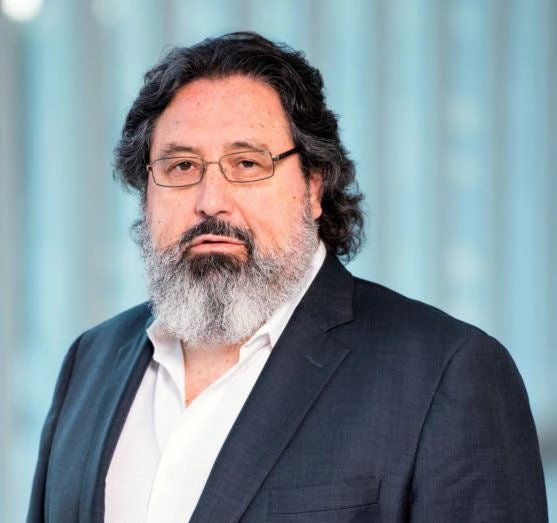Amid political statements and declarations of commitment, several sessions at the ongoing International AIDS Conference 2012 have shined a bright light on the future of the pandemic and the global response.
In one session, Dr. Anthony S. Fauci, director of the National Institute of Allergy and Infectious Diseases (NIAID) at the U.S. National Institutes of Health, gave a keynote address, “Ending the HIV/AIDS Pandemic: From Scientific Advances to Public Health Implementation.”
According to Dr. Fauci, who has been at the forefront of the fight against HIV/AIDS since the discovery of the virus in the early 1980s, the scientific developments in the last three decades that have helped understand, treat and prevent HIV infection bode well for the promise of a world free of AIDS. He noted that the robust arsenal of nearly 30 antiretroviral drugs and scientifically proven interventions now available to treat and prevent HIV infection and improve people’s health and longevity, offer an unprecedented opportunity in the years ahead. However, he was clear in cautioning that this will not be accomplished without sustained global commitment and effort. This means that the international community cannot retreat in the face of the current economic slowdown, but rather build upon those advances, adjusting, adapting and strengthening the response on the basis of accumulated experience and lessons learned from across the world.
If we heed Dr. Fauci’s advice, it should be clear to all of us that while we need international funding from current and new donors to sustain the global effort, developing country governments also can and should step in and prioritize funding and investments to contribute to the fight against HIV/AIDS and for other health priorities. While some people argue that the unprecedented funding for AIDS in the last decades has created imbalances in the global health agenda, we should also remember that in previous decades the underfunding and underdevelopment of health systems in most of the world, and the resulting lack of or limited access to basic health services for the majority of the population, was a common phenomenon that came before the AIDS response.
Besides funding, the achievements in the fight against AIDS have made it clear that well run, efficient health systems matter not only to scale up voluntary HIV testing and counseling, but to ensure the continuity of care—including treatment initiation and adherence, clinical monitoring of patients’ responses, and management of co-morbidities and other diseases. And the importance of prevention, including treatment as prevention, voluntary medical male circumcision, education and counseling about HIV risks and behavior change, condom use, harm reduction interventions for injecting drug users, and drug and alcohol treatment, are more pressing that ever in the absence of a vaccine or a cure, as resources are not infinite.
In spite of many challenges that remain, including stigma and discrimination of vulnerable populations, Dr. Fauci reminded us to be hopeful because the accumulated experience in different countries indicates that global scale-up of existing and scientific evidence-based interventions could dramatically change the trajectory of the HIV/AIDS pandemic by reducing new infections and ultimately lead to the end of AIDS.
Related



Join the Conversation